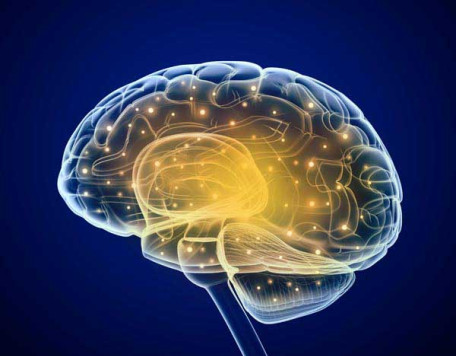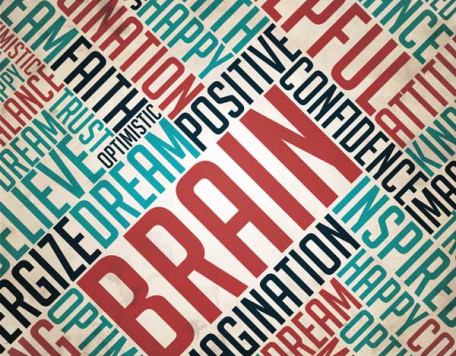© Pint of Science, 2025. All rights reserved.
Would you like to know the secrets of our body and how we can harness the power of biology to help when our bodies go wrong? How do our bodies control our muscles, how do we hear the world, and how can stroke victims be rehabilitated? Please join us on Tuesday evening with a pint of beer to have fun and learn some science together.
Are you taking the P!$$?!
Sarah Roscoe
(Postgraduate research student, Neuroscience)
No, we’re not joking; we’ve asked people living with motor neuron disease (MND) to collect their urine for 24-hours, in order to look at their dietary intake. This talk will provide a first-hand insight into the nutritional challenges of an individual living with MND, as well as highlight some of the exciting research that is coming out of the University of Sheffield to address these issues. Don’t worry, we won’t be asking for any samples…
The sound of science: research vs hearing loss
Dr Francesca De Faveri
(Research Associate at the Hearing Research Lab)
We hear thanks to specialised cells inside our ears called hair cells, which, as the name suggests, rely on hair-like structures to detect vibrations produced by sound. Hair cells detect, encode and transmit sound information to neurons, which will deliver it to the brain. Defects in hair cell or neuron function affects our hearing capability, as occurs, for example, in age-related hearing loss. Unveiling its causative mechanisms is a powerful tool to develop strategies to restore hearing function.
TeleRegain - Remote upper-limb stroke rehabilitation
Jake Toth
(Researcher, Auto-Control & Systems Engineering)
There are 1.3 million stroke survivors in the UK, 77% experience upper limb weakness. At TeleRegain we are developing technology that provides upper-limb stroke rehabilitation from the comfort of a patient’s own home. Currently, muscle stimulation is used to help rehabilitate patients by causing muscles to contract. However, patients are often not consciously intending to cause that movement. TeleRegain enhances the rebuilding of the brain-body connection by using a brain-computer interface, only stimulating the muscles when a patient is intending to move their muscles.
Map data © OpenStreetMap contributors.
Other Sheffield Tap events
2025-05-21
Plastic Fantastic: Changing the Brain
Sheffield Tap
1b, Sheffield Station, Sheffield, S1 2BP, United Kingdom
2025-05-20
Mind over Chatter
Sheffield Tap
1b, Sheffield Station, Sheffield, S1 2BP, United Kingdom



